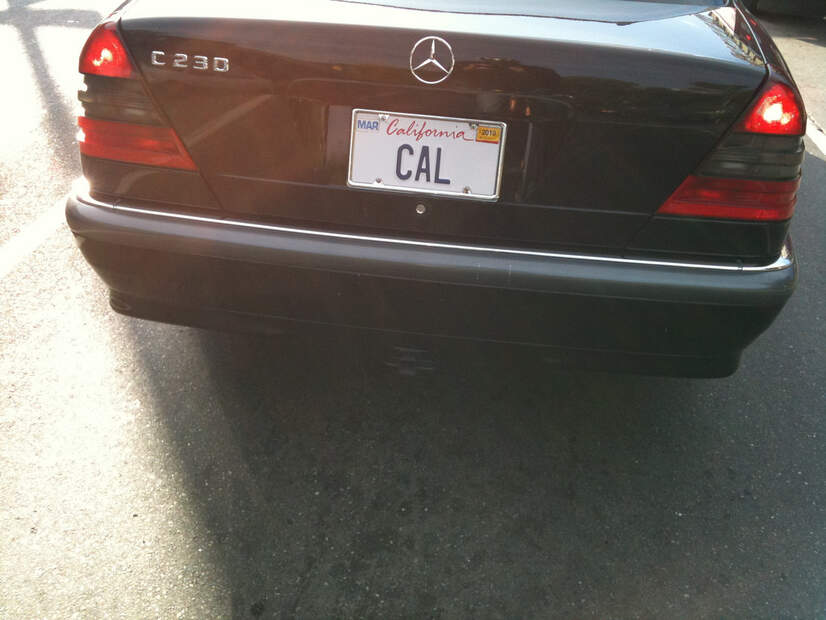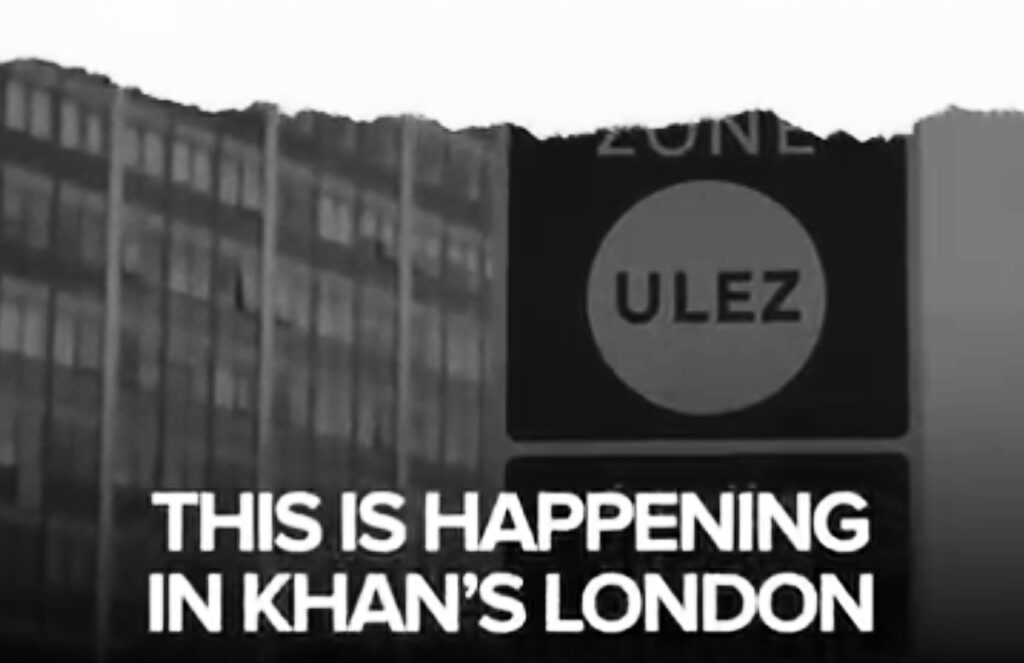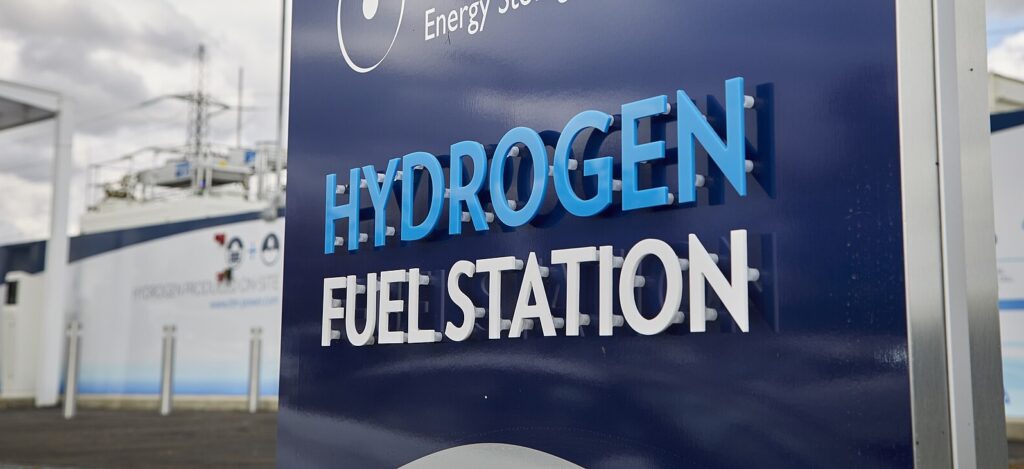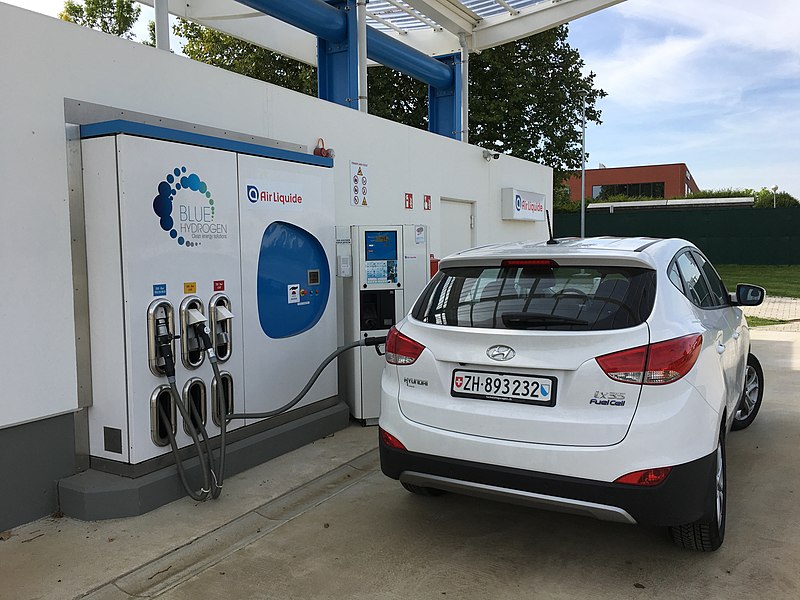A coalition of 23 states plus the District of Columbia filed a lawsuit on Wednesday in the DC Circuit Court of Appeals, challenging the Trump Administration’s rollback of the Obama-era clean car standards. Those standards mandated stronger reductions of greenhouse gas emissions from new light-duty cars and trucks — reductions equivalent to corporate average fuel economy improvements of 5 percent annually.
But on March 31 the Environmental Protection Agency (EPA) and the National Highway Transportation Safety Administration (NHTSA) issued a final rule requiring only minimal fuel economy increases of 1.5% annually, which the agencies’ own analyses showed would result in more pollution and premature deaths.
The Trump administration’s Safer Affordable Fuel-Efficient Vehicles (SAFE) rule would lead to over a billion more metric tons of carbon emissions by 2040 and thousands of premature deaths from tailpipe-based air pollution. Analyses also indicate it would result in 142 billion more gallons of gasoline consumed and over $240 billion in consumer spending on gasoline by 2040.
The states suing over the SAFE rule say that it will harm Americans and the environment. They also argue that the Trump administration used flawed modeling and assumptions to justify the rollbacks and ignored data that showed higher costs than benefits. The lawsuit claims that EPA and NHTSA relied on “an analysis riddled with errors, omissions, and unfounded assumptions.” According to the lawsuit, the SAFE rule violates the Clean Air Act, the Energy Policy and Conservation Act, and the Administrative Procedure Act.
#BREAKING: we’re suing the Trump Administration over its reckless rollback of national #CleanCarStandards.@RealDonaldTrump’s so-called SAFE rule is a job killer and a public health hazard. #SaveCleanCars https://t.co/1dILJu88yC pic.twitter.com/6ceaoC8F2t
— Xavier Becerra (@AGBecerra) May 27, 2020
“The underpinnings for the Trump Administration’s so-called ‘SAFE’ rule are crumbling before the rule even hits the road. The Administration claims their new rule will save money and lives, but previously undisclosed internal documents reveal how far from the truth that is,” said California Attorney General Becerra.
California is leading the multistate coalition bringing the lawsuit. The coalition includes the states of Colorado, Connecticut, Delaware, Hawaii, Illinois, Maine, Maryland, Massachusetts, Michigan, Minnesota, Nevada, New Jersey, New Mexico, New York, North Carolina, Oregon, Pennsylvania, Rhode Island, Vermont, Virginia, Washington, Wisconsin, and the District of Columbia.
“This rollback — which is solely to benefit the fossil fuel industry — will put our residents at serious risk at a time when public health is already threatened and will increase the rising costs of climate change for our communities. We will join our partner states and take the Trump Administration to court to fight another illegal and dangerous rollback,” Massachusetts Attorney General Maura Healey said in a statement responding to the SAFE rule on March 31.
According to a December 2018 story in the New York Times, oil industry interests like Marathon Petroleum and the American Fuel and Petrochemical Manufacturers played important behind-the-scenes roles in lobbying and campaigning for the clean car standards rollback. A House Ovesight Committee hearing in October 2019 further examined the influence of the oil industry in pushing for the rollback.
In a recent Senate committee hearing on EPA Oversight, EPA Administrator Andrew Wheeler denied that his agency had any meetings or contact with Marathon Petroleum or its lobbyists in regards to the clean car standards.
An EPA spokesperson said in an email that the agency does not comment on pending litigation, but did defend the SAFE Rule. “As finalized, the SAFE provides a sensible, single national program that strikes the right regulatory balance, protects our environment, and sets reasonable targets for the auto industry, while supporting our economy and the safety of American families,” the EPA spokesperson said.
Main image: Cal license plate. Credit: Ryan Greenberg, CC BY–NC 2.0
Subscribe to our newsletter
Stay up to date with DeSmog news and alerts







